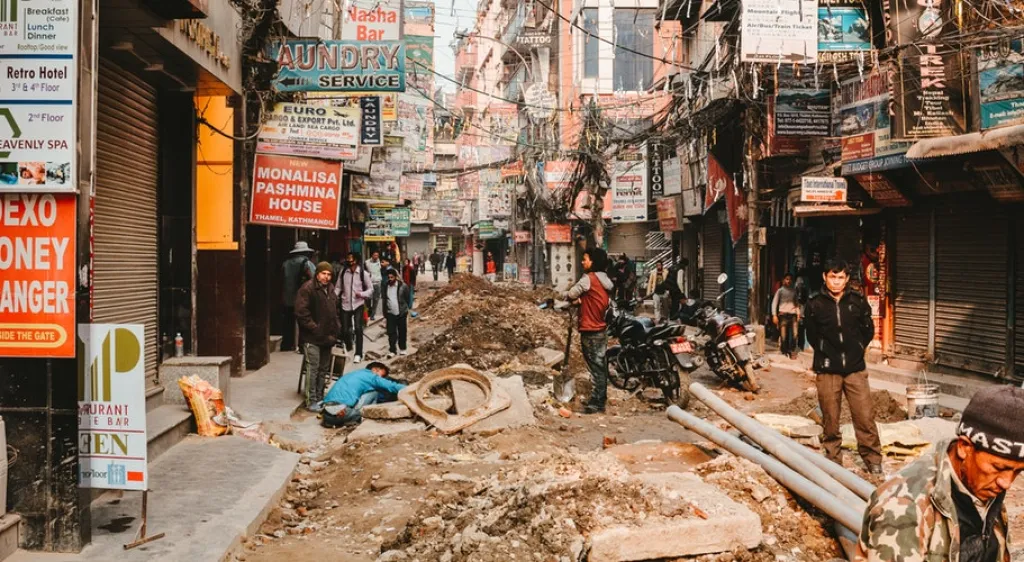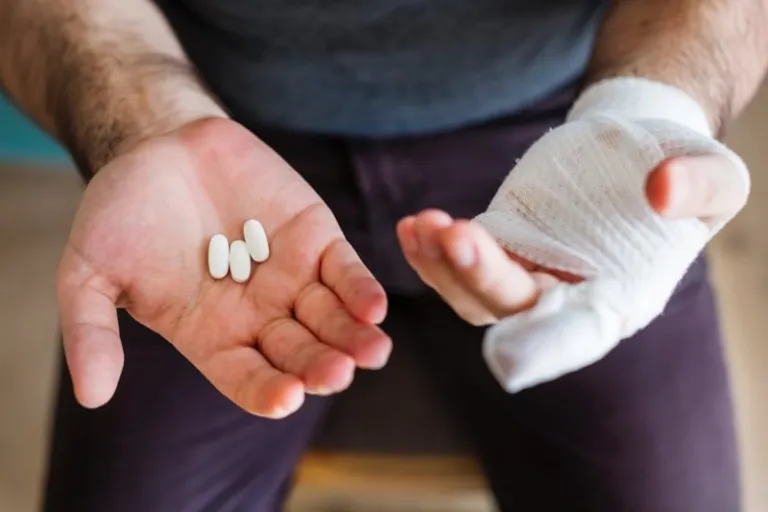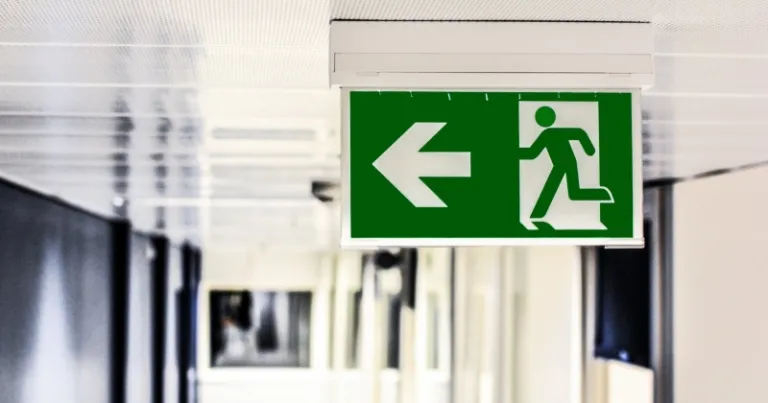The promise of new flavours beckons from Banawe.
Travel Safety 101: What To Do During an Earthquake

Duck, cover, and hold — these are what to do during an earthquake, according to the many drills we’ve attended. But what if you’re stuck elsewhere what are some things you should remember?
To further equip ourselves with knowledge on what to do during an earthquake, here’s how to stay safe while we’re travelling.
Before travelling
1. Get travel insurance
We’ve emphasised this over and over again for a reason. Being in a foreign country makes a natural disaster 10 times more stressful than it already is. You’re away from your family and loved ones. Away from the comforts of your home. Unfamiliar with hospitals, evacuation sites, and safety protocols. The least you can do to spare the additional stress is to be prepared with travel insurance that will cover your emergency expenses.
Also read: Why Travel Insurance Should Be One of Your Trip’s Non-Negotiables
2. Bring a first-aid kit

Even light packers should always have this. Aside from your basic vitamins and medicine, pack a handy emergency kit. This should include bandages, gauze, tweezers, painkillers, and safety pins, among many others.
3. Always bring cash
In this mostly cashless era, it’s convenient to rely on our cards. Still, it’s always important to keep a reasonable amount of cash with you. When a natural disaster strikes, there’s a chance that ATMs won’t work.
4. Keep a soft copy of your travel documents on your phone
If you’re the type to keep your passport tucked safely in the depths your luggage, you’ll most likely forget to grab it when you need to run down the stairs from the 20th floor of your hotel. Now, what happens if you lose the luggage? It’s important to have a soft copy of all your travel documents on your phone. While the soft copy of your passport can’t replace the physical one, the embassy will have a less complicated time dealing with your situation.
Also read: What To Do If You Lose Your Philippine Passport Locally or Abroad
While travelling
If you’re inside a car, stay inside

Let the driver slowly move the car to an open space away from buildings, poles, or any structure that may fall down. Roll the car windows all the way down. This will allow you to avoid inhaling gasoline fumes and escape faster if the car locks get jammed. Protect yourself by curling up and covering your head with your arms. Finally, when the earthquake ends, keep your seatbelt on in case of aftershocks.
2. Upon arrival at your accommodation, identify safe places

To avoid panic while the earthquake is happening, immediately check for sturdy furniture you can crawl under. Also know the nearest route from your bedroom to the evacuation area. Remember, elevators are a safety hazard during an earthquake.
3. If you’re by the beach, immediately head for high ground
When earthquakes strike, tsunamis are to be expected. So, it’s important to run to high ground immediately. Do not wait any longer!
4. When you’re outside: Stay away from anything that could fall on you
Move away from buildings, trees, power lines, signs, etc.
5. When you’re inside: Drop, cover and hold
If an earthquake occurs and you’re in bed, protect your head with a pillow. After the earthquake, inspect if your surroundings are stable and damage-free.
Also read: 9 Useful Tips When a Natural Disaster Strikes While You’re Overseas
Finally, after a natural disaster occurs, remember to contact your loved ones and let them know you’re alright. Have a safe trip!
Published at
About Author
Subscribe our Newsletter
Get our weekly tips and travel news!
Recommended Articles
10 Best Banawe Restaurants for a Mouthwatering Food Trip in QC 14 Best Credit Cards for Travel in the Philippines The only plastic we need for travel.
10 Commandments for Responsible Travel Flexing Spread the good word!
10 Fun Things to Do in Manila Alone Live your best life in Manila, even when you’re riding solo.
10 Tips for Planning Out-of-Town Trips During Typhoon Season Stay safe and travel well during the rainy season.
Latest Articles
Philippine Airlines to Move Siargao and Coron Flights to Clark International Airport Philippine Airlines is moving key island flights out of NAIA this March.
PAL Now Allows Small Dogs on All Domestic Flights in the Philippines Flying with your dog
Places to Visit Based on Feng Shui According to Your Birth Month Travel aligned with energy
Filipino Migrants Face Potential Australia Ban Under New Proposal Australia considers a ban on migrants from 13 countries including the Philippines
Top 5 Authentic Chinese Restaurants in Metro Manila Best Peking duck, dim sum, and lucky noodles in Manila!!!

